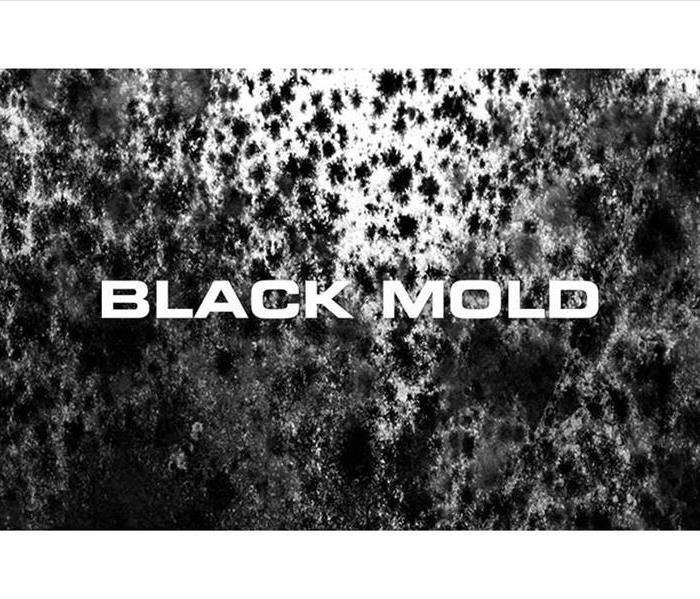Mold experts
4/20/2018 (Permalink)
What's causing the mold to grow? It could be a leaky pipe, humid basement or a heavy rainstorm that flooded your entire first floor. The size of the problem is less important than your ability to repair the source of moisture. It’s imperative to stop further moisture intrusion, otherwise, the mold will just continue to grow and spread.
Mold growth in a basement, attic or crawl space is relatively common because residents don't see these areas often, and they can be very humid.
It’s not worth risking the potential health issues, and mold will simply continue to devalue your property until the problem becomes so rampant that the home is uninhabitable. Nobody wants to purchase a seller's mold issue. Attic mold almost never affects the indoor air quality in the living space, but it sure threatens real estate deals.
Regardless of whether you’re on the buying or selling end of the transaction, be sure you understand the laws about informing a purchasing party about home defects. The law in most states, generally, is that you have to disclose all known risks, which includes evidence of mold in the home. Providing the details of a previous inspection, mold lab test results or even simply stating that stains on a wall might be mold could be considered sufficient disclosure





 24/7 Emergency Service
24/7 Emergency Service
